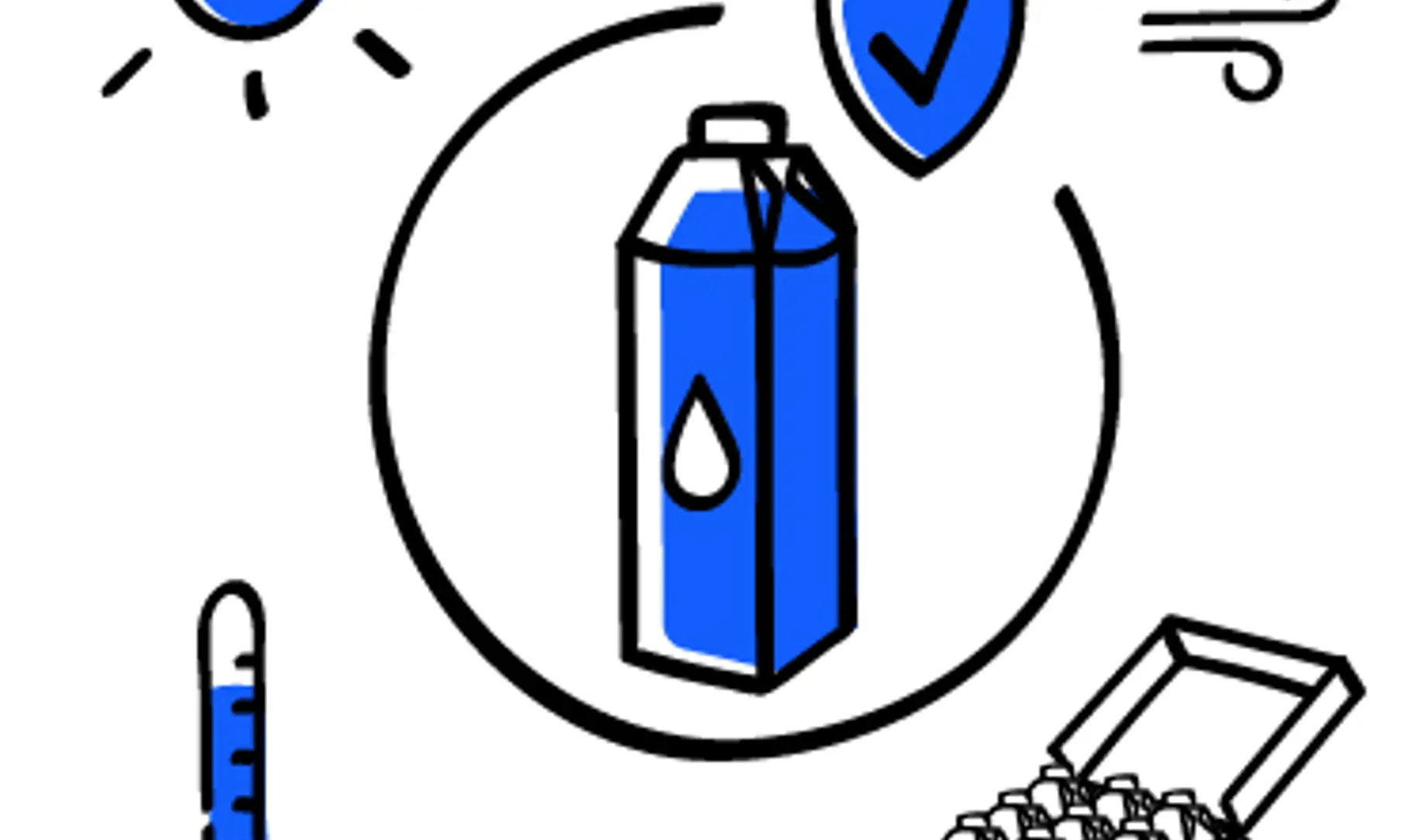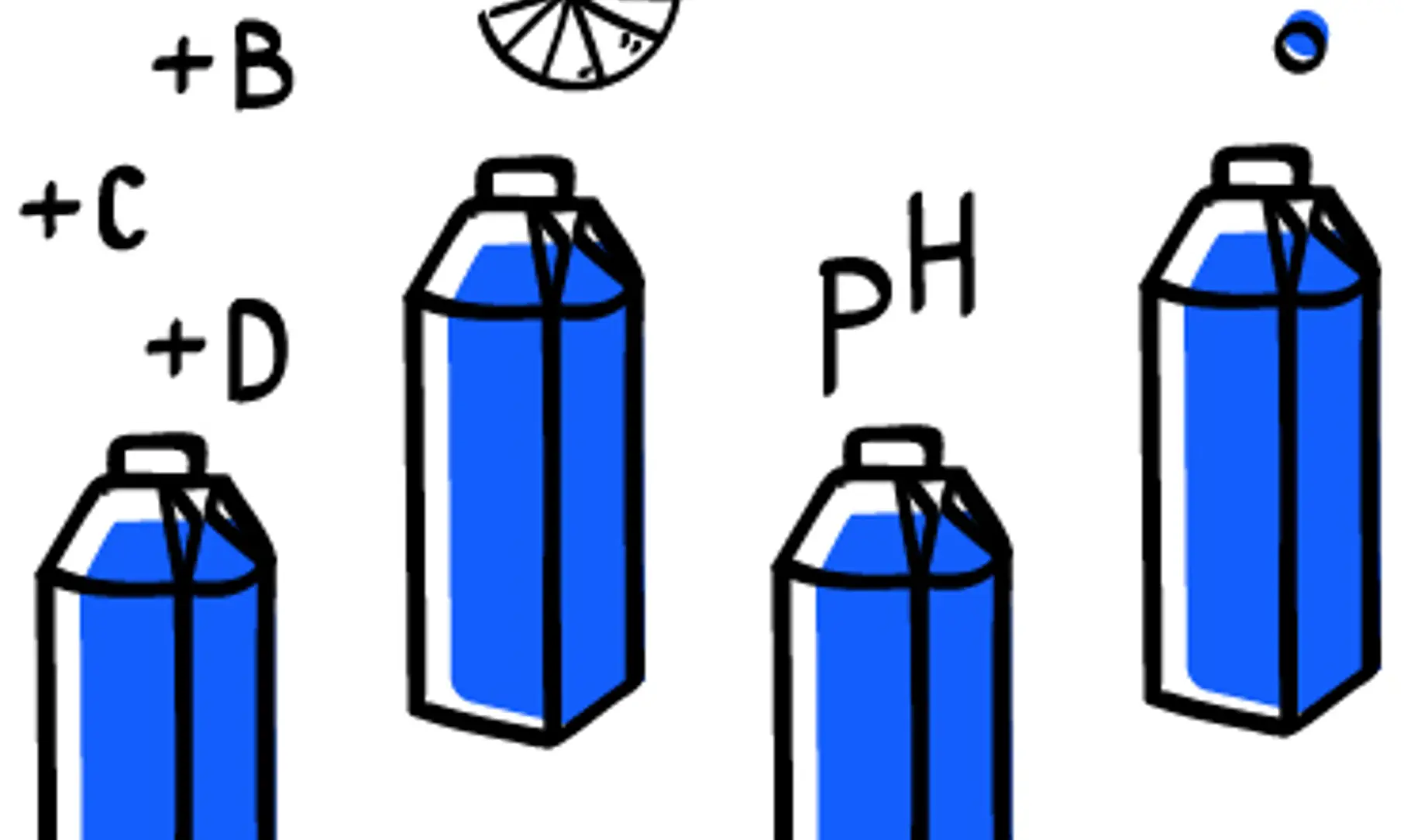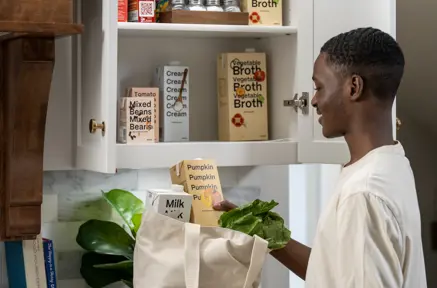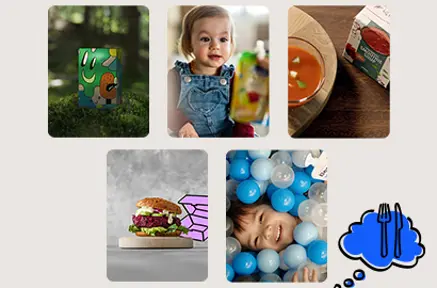What is so complex in packaging water?

Water. An essential natural resource without which life cannot exist. In an ideal world, we would not be discussing packaged water. However, the widespread prevalence of packaged water is today’s truth – so much so that the packaged water market is expected to grow at 6.70% globally in the next five years and in the United States alone, it tops the list of popular beverages.
One would think that water would be the easiest category to process and fill because after all it is just water. Apparently not.
During our series of chats for Expert insights: category complexities series with Julia Trebels, Global Consumer Category & Consumer Insights Manager, SIG, we learned how water is among the most sensitive products to package.
Preserving the taste of water
Water is the most refreshing beverage and the primary reason people drink water is to quench their thirst. But water is also extremely sensitive when it comes to taste. A range of factors, such as temperature, light exposure, and even air quality during processing, filling, or storage, can alter the taste of water. Consumers have a perceived taste in mind for water and they do not like any off notes or deviations.

And so, ensuring a neutral taste with no discernible traces of minerals, often referred to as crystal-clear taste, is a significant challenge.
Factoring in convenience
Convenience is among the top drivers of packaged water adoption. Water needs to be portable, come in multiple volumes, be easy to drink, and safe to store even if it is not consumed in one go. For manufacturers, these factors tie into identifying the right package that offers ease of use with secure closures.
Offering value beyond hydration
As with every other food and beverage, consumers want more from water too. So, today we have segments like vitamin water, flavored water, alkaline water, oxygenated water, and more. It is vital to keep the refreshing essence while fortifying the water for health and enhanced taste to meet the evolving consumer needs for value-add hydration.

Ticking the sustainability box
Bottled water – that is a term most people use, simply because plastic bottles are still the most prominent packaging in this category. But sustainable packaging is a real ask today as more and more consumers are trying to reduce their personal footprint. And as producers look for options to meet these sustainability demands, water in cartons and bag-in-box are emerging as prominent alternatives that help meet all the challenges.
“Considering the size of the category and the diverse scenarios in which packaged water is used, the packaging landscape will be dominated by multiple formats as long as they meet the challenges”
The future of water
Water will remain the biggest beverage category globally. Driven by the demand for more healthy and nutritious drink options, the category is likely to be further divided into standard and premium segments with value-add across the table, from fortification to differentiated packaging. Talk to us to explore how you can reduce the footprint of packaged water with our unique carton bottles, SIG Dome alongside pouches and bag-in-box.
In the next part of the series, we will discuss the dynamics of processing dairy-based beverages and the unique complexities in this category. Don’t miss the deep dive.
- 10月 19, 2023

Innovation and partnership to improve global food access

Unpacking the food and beverage industry

